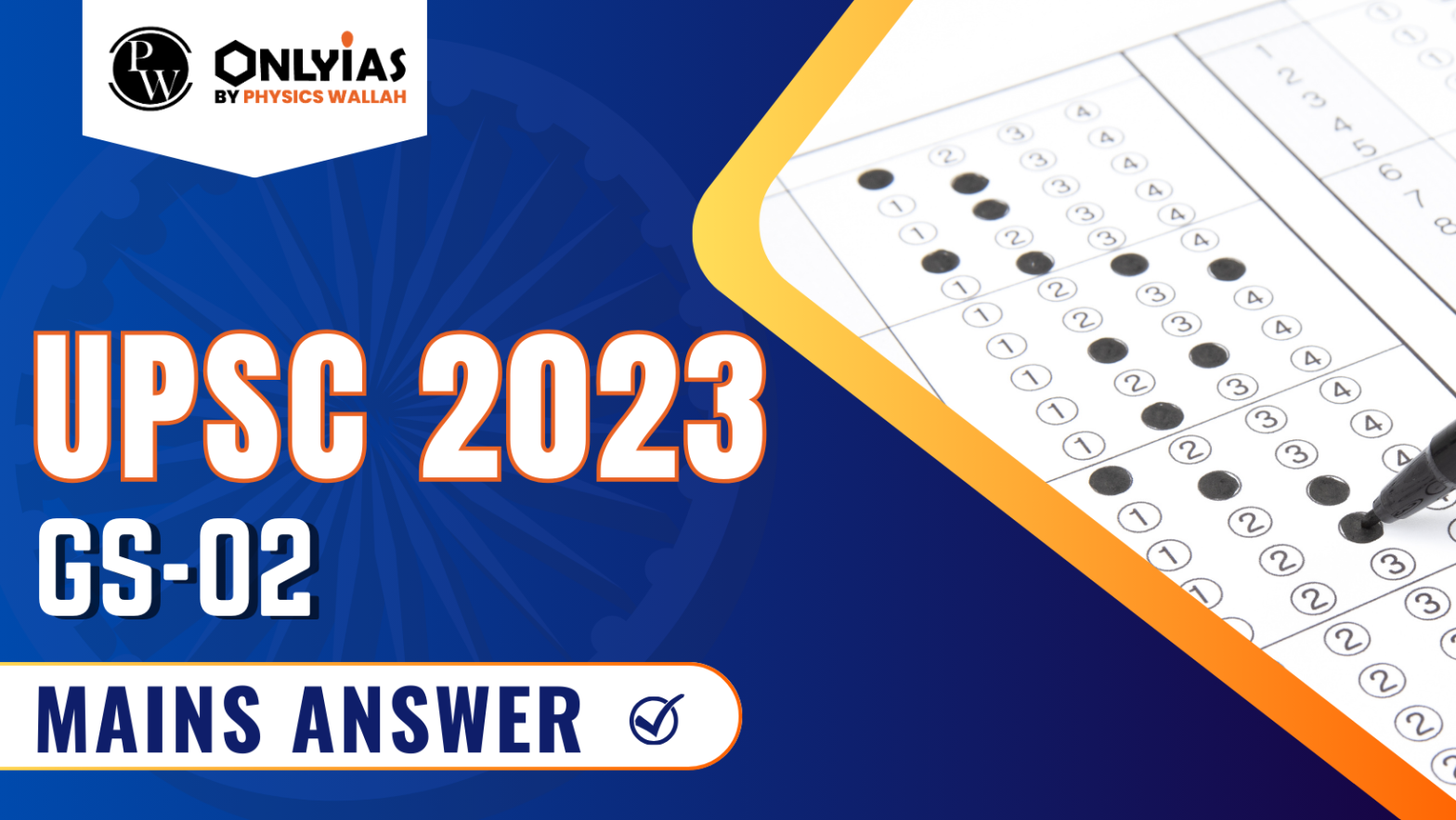Democracy Needs a Fair Judge! Explore why a constitutionally independent judiciary is crucial for a healthy democracy in India. #UPSC #Judiciary #RuleOfLaw

Q.1 “Constitutionally guaranteed judicial independence is a prerequisite of democracy.” Comment.
| How to approach the question
Introduction
Body
Conclusion
|
Introduction
Body
Constitutional Provisions/Articles Related to Independent Judiciary in India
Constitutionally Guaranteed Judicial Independence as a Prerequisite of Democracy
Way Ahead
Conclusion
Other Essential Elements Which are a Prerequisite of Democracy
|
| For a Detailed explanation of the UPSC GS-01 Mains question 2023, click here.
For a Detailed explanation of the UPSC GS-02 Mains question 2023, click here. For a Detailed explanation of the UPSC GS-03 Mains question 2023, click here. For a Detailed explanation of the UPSC GS-04 Mains question 2023, click here. |
<div class="new-fform">
</div>